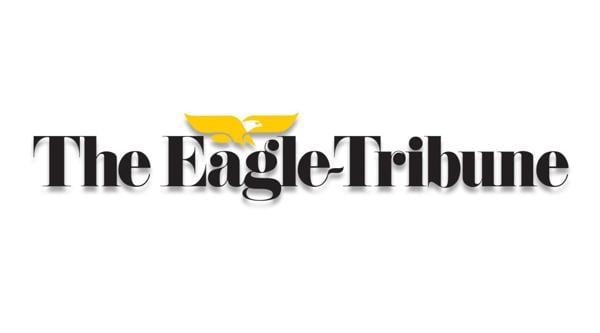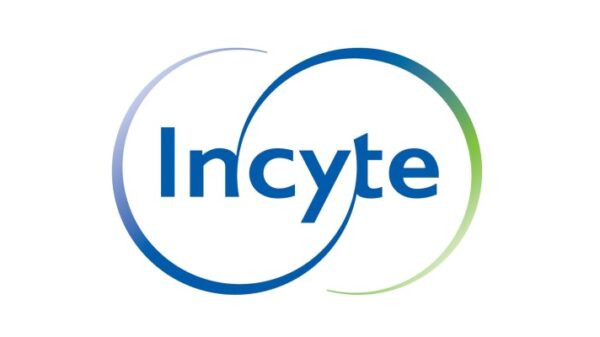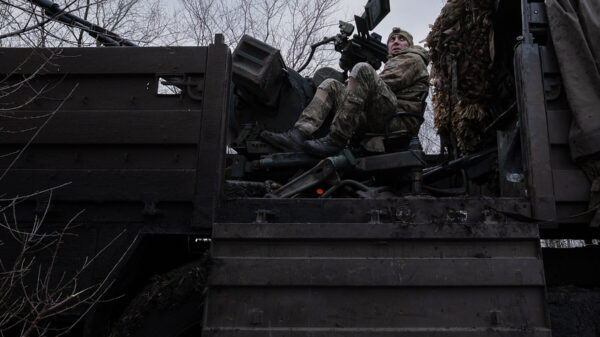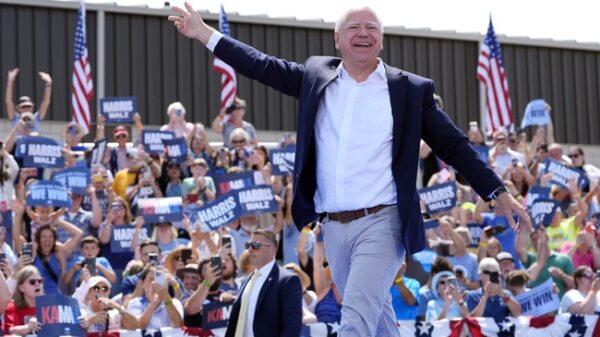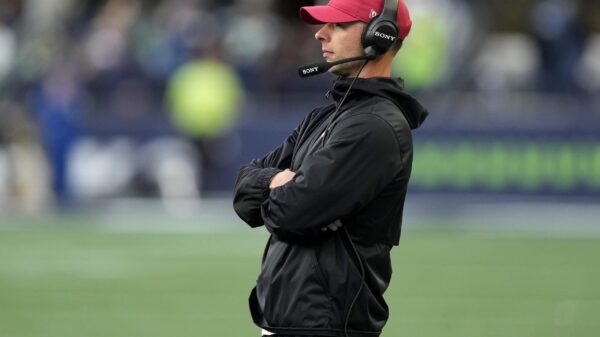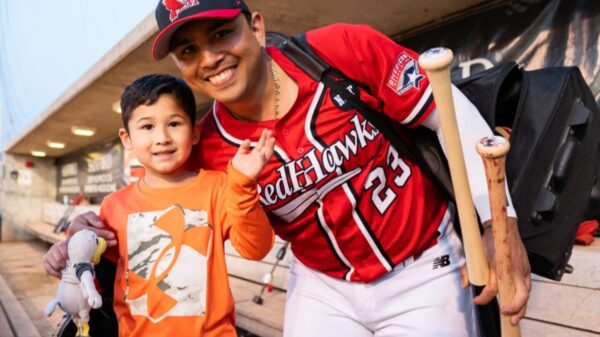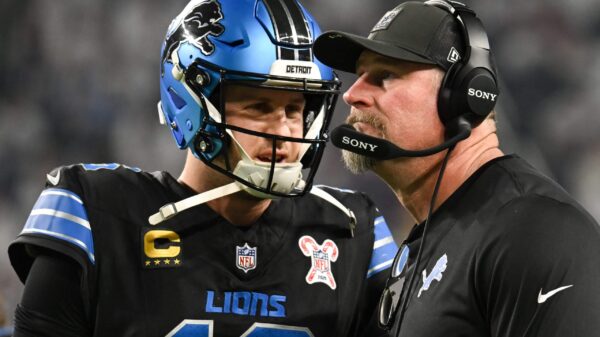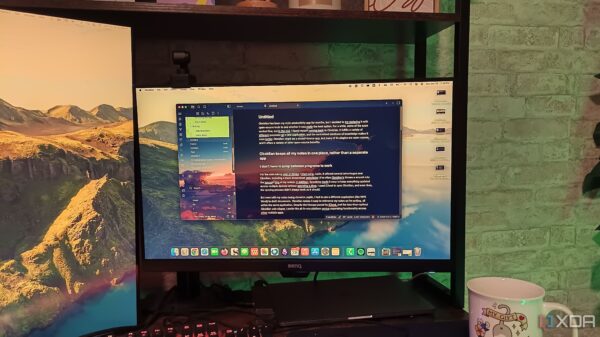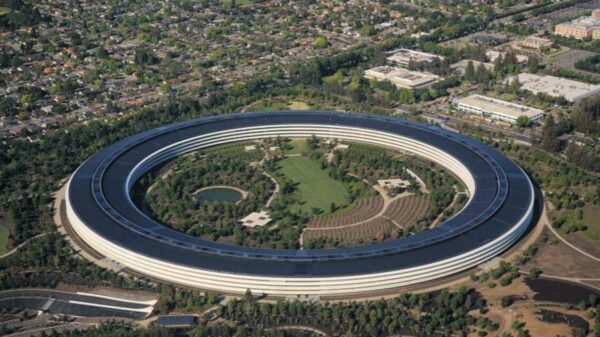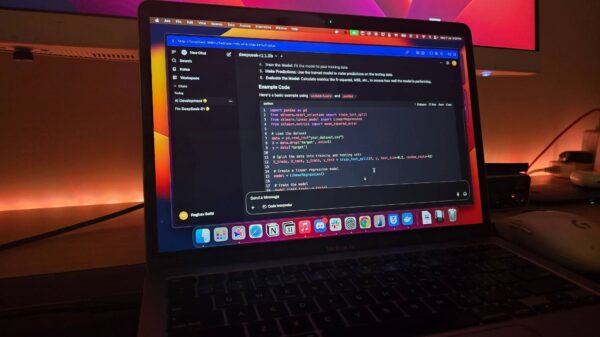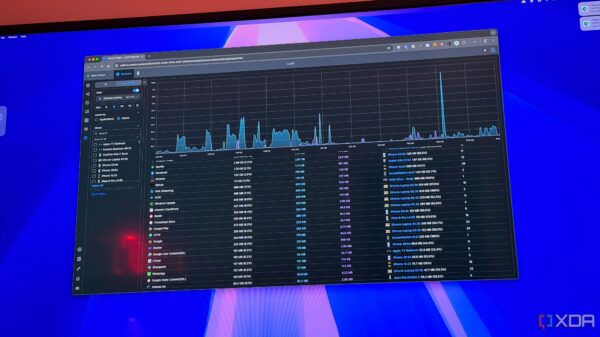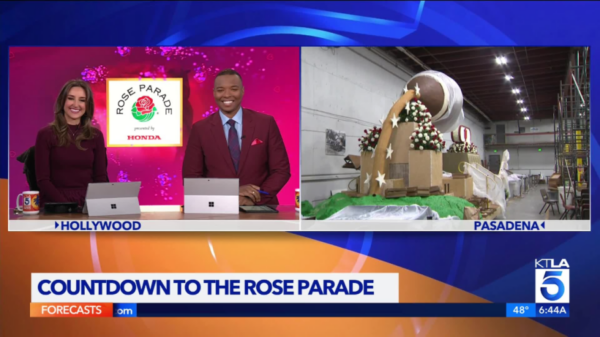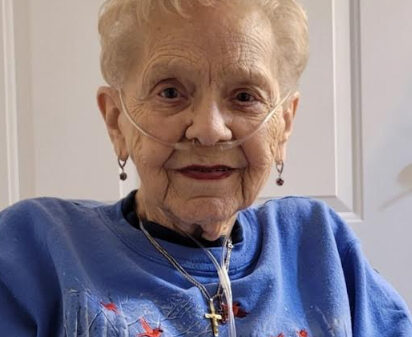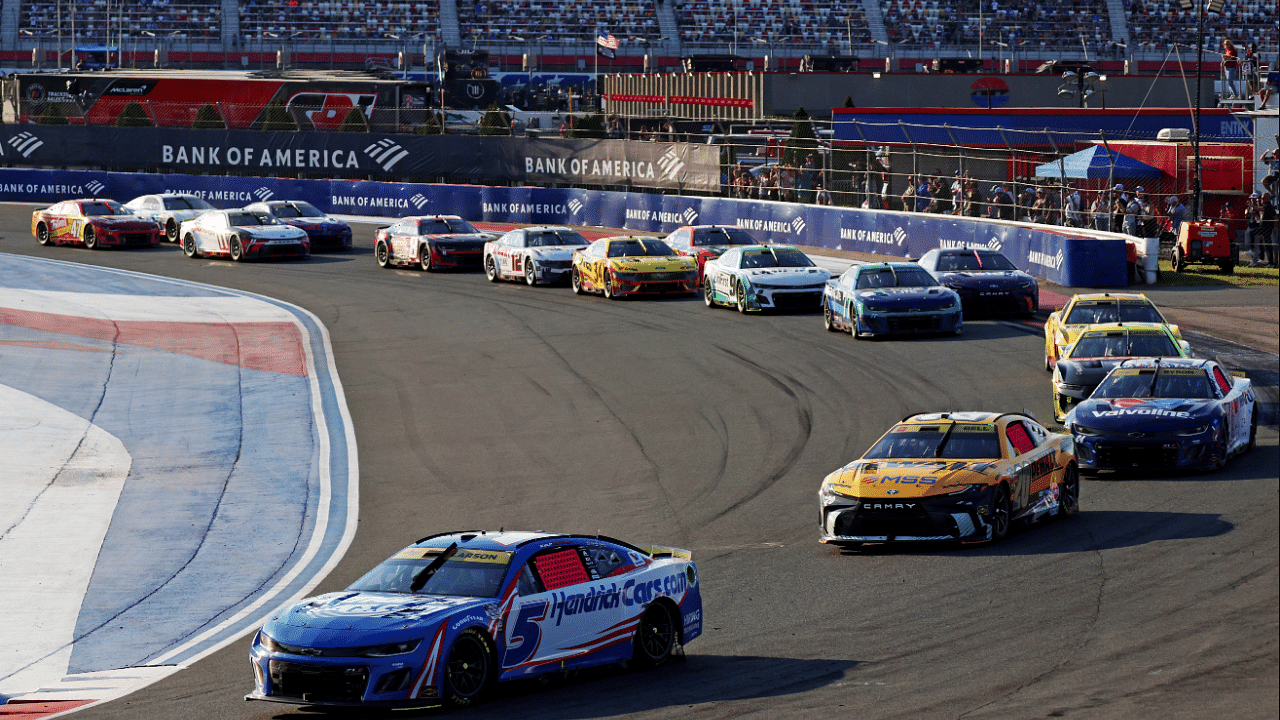Denny Hamlin has clarified why NASCAR continues to include the Charlotte Roval in its playoff schedule despite some pushback from fans and drivers. In a recent episode of his podcast, Hamlin stated that the decision to maintain a road course during the playoffs is strategic, aimed at showcasing a variety of racing formats before crowning a champion.
According to Hamlin, the Roval race is owned by Speedway Motorsports Inc. (SMI), which manages the event date. “It is SMI’s date. They own that date. It is a playoff race,” he explained. He emphasized the importance of including a road course in the playoffs, noting that NASCAR is committed to this format regardless of the specific location or track.
The upcoming playoff round at Talladega, set for October 1, 2023, is considered a wildcard event, while the Charlotte Roval, which hosted its playoff race this past Sunday, is viewed as the only road course in the current playoff schedule. Hamlin pointed out that SMI does have an alternative option with the Sonoma Raceway, located north of San Francisco, typically used in June. However, he expressed skepticism that SMI would want to replace the Charlotte event.
Hamlin further discussed the challenges faced by the Next Generation car on road courses, stating, “The road courses have proven to be very difficult on this car. It’s difficult to pass in this car.” He noted that the car’s aerodynamic properties hinder its performance on one-lane tracks. He suggested that the Charlotte oval, described as a “little baby Kansas,” would be a better fit for racing, particularly given its multi-lane configuration.
NASCAR’s current strategy raises questions about the future of road courses in the playoffs. Hamlin indicated that while historically, two road courses were held each year, none were positioned at the end of the season. “Typically for the bulk of my career, we ran two road courses a year. None of them were at the end of the season,” he noted. This shift in scheduling has sparked debate among fans and competitors about the necessity of a road course in the final ten playoff races.
Looking ahead, the Roval is still scheduled to be part of the NASCAR calendar in 2026. However, Hamlin acknowledged that changes could still occur, particularly if NASCAR and SMI decide to revert to the oval format, which hosts the prestigious Coca-Cola 600 on Memorial Day weekend.
“Someone has to give,” Hamlin concluded. He suggested that if NASCAR truly wants to enhance ratings and ticket sales for future events, a return to left-turn-only racing in October at Charlotte could significantly boost fan engagement.
As NASCAR navigates its playoff structure, the debate surrounding the inclusion of road courses like the Roval continues, illustrating the ongoing evolution of the sport and its commitment to diversity in racing formats.



